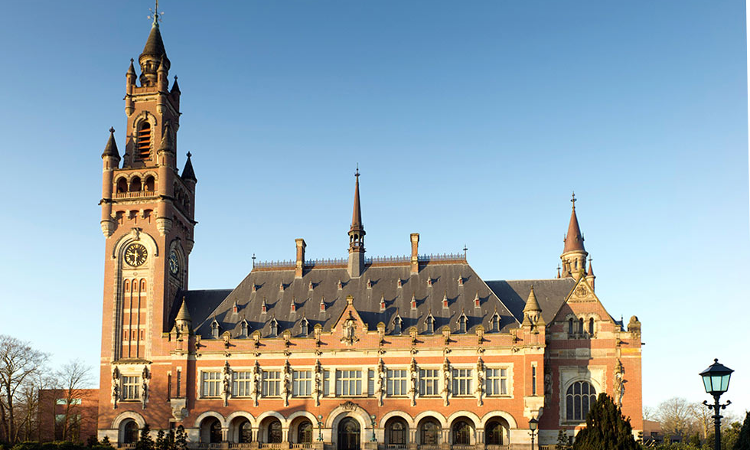Israel's Continued Presence In Occupied Palestinian Territory Unlawful: International Court Of Justice
Amisha Shrivastava
19 July 2024 9:41 PM IST

Next Story
19 July 2024 9:41 PM IST
The International Court of Justice (ICJ) has opined that Israel's continued occupation of the Occupied Palestinian Territory is illegal, and Israel is obligated to end its occupation and make reparations to all affected persons.The Court arrived at this conclusion in its Advisory Opinion on the “Legal Consequences arising from the Policies and Practices of Israel in the Occupied...
